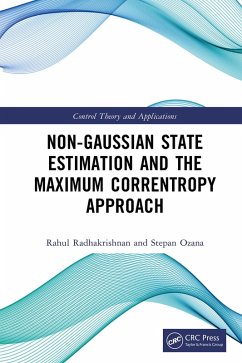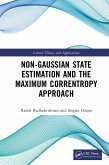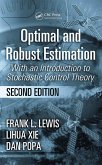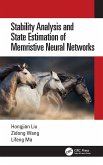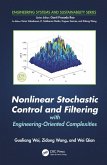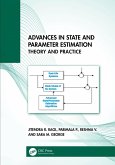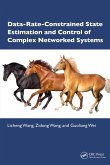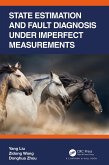Features:
Reviews well-established non-Gaussian estimation methods including applications of techniques
Covers relaxation of gaussian assumption
Discusses challenges in formulating non-liner non-Gaussian estimation framework
Illustrates the applicability of the algorithms mentioned to real-life problems
Explores derivation of non-linear non-Gaussian estimation framework based on maximum correntropy criterion
This book is aimed at researchers and graduate students in electrical engineering, robotics, and dynamic systems.
Dieser Download kann aus rechtlichen Gründen nur mit Rechnungsadresse in A, B, BG, CY, CZ, D, DK, EW, E, FIN, F, GR, HR, H, IRL, I, LT, L, LR, M, NL, PL, P, R, S, SLO, SK ausgeliefert werden.

